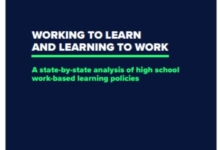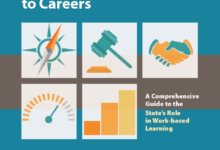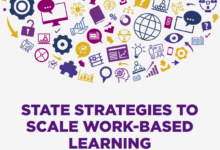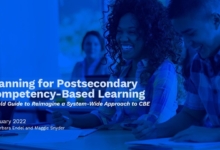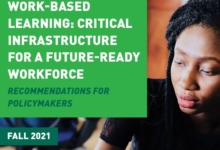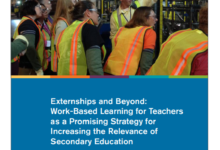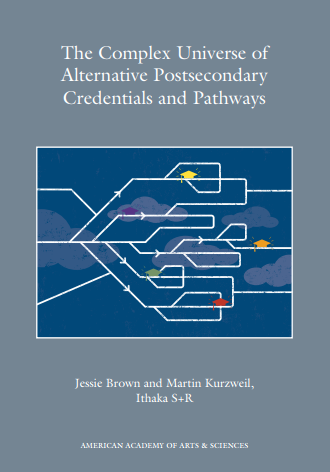A program at a college leading to an academic degree is the archetype of postsecondary, undergraduate education in the United States. Yet a large and growing segment of the population engages in postsecondary learning outside these programs, seeking credentials other than a degree, and the number and types of alternatives have grown over the past decade.
This occasional paper from the American Academy of Arts and Sciences provides an overview and analysis of credentials that serve as alternatives to bachelor’s and associate’s degrees and alternative pathways to achieving an academic degree. The paper groups these alternatives in five categories:
- Labor market training and credentialing, including:
- certificate programs;
- work-based training;
- skills-based short courses;
- Massive open online courses (MOOCs) and online micro-credentials; and
- Competency-based education programs.
After defining and mapping the landscape of these alternatives and providing some historical context, the paper offers more detailed descriptions, illustrations and analyses of typical programs in each category. For each category, it also reviews the growing number of intersections between alternatives and traditional degree-granting institutions, as well as potential future directions. The paper concludes with some overarching observations and recommendations.

